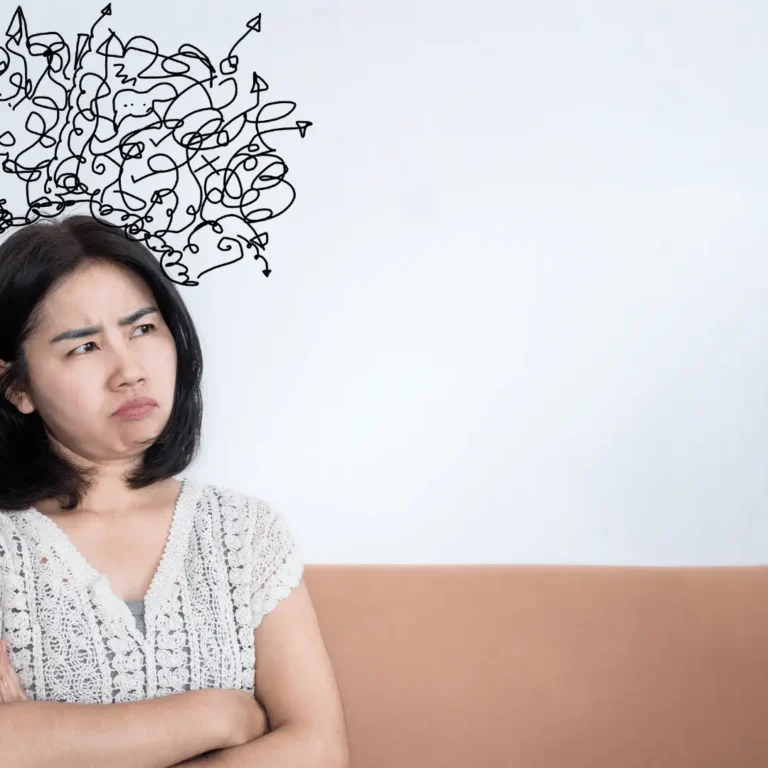Treatment Plan for Social Anxiety: A Complete Guide
Living with social anxiety can feel like carrying an invisible weight that affects every interaction, every social gathering, and even simple daily tasks. But there’s hope – with the right treatment plan, you can transform these challenges into opportunities for growth and connection.
Understanding Social Anxiety
Social anxiety goes far beyond occasional nervousness or shyness. It’s an intense fear of social situations where you might feel judged, watched, or criticized by others. This fear can be so powerful that it disrupts your daily life, affecting everything from work performance to personal relationships.
When you’re caught in social anxiety’s grip, your mind might race with thoughts like “Everyone’s staring at me” or “I’m going to say something wrong.” Your body responds with physical symptoms – racing heart, sweaty palms, shaking voice – creating a cycle that can feel impossible to break.
The Impact on Daily Life
Social anxiety manifests differently for each person, but its effects can touch every aspect of life. Many people find themselves:
- Missing opportunities at work because speaking up in meetings feels impossible.
- Making excuses to avoid social gatherings, even with close friends.
- Struggling with simple tasks like ordering coffee or making phone calls.
- The isolation that follows can lead to depression and decreased self-esteem.
Professional Assessment: The First Step
A comprehensive treatment plan begins with a thorough professional assessment. During this evaluation, your therapist will work to understand:
- Your specific triggers and situations that cause anxiety
- The severity and impact on your daily functioning
- Any co-occurring conditions like depression
- Your personal goals and aspirations
This information becomes the foundation for creating your personalized treatment strategy.
Evidence-Based Treatment Approaches
Cognitive Behavioral Therapy (CBT) stands as the gold standard for treating social anxiety. Through CBT, you’ll learn to identify and challenge negative thought patterns that fuel your anxiety. This isn’t just about positive thinking – it’s about developing realistic perspectives and practical coping strategies.
The treatment process typically includes:
Cognitive Restructuring: Your therapist will help you examine and modify unhelpful thought patterns. For example, transforming “Everyone will judge me” into “Most people are focused on themselves, not judging others.”
Exposure Therapy: Gradually facing feared situations in a controlled, supportive environment helps build confidence. This might start with something as simple as making eye contact with your therapist, progressing to more challenging scenarios as you’re ready.
Social Skills Training: Many people with social anxiety haven’t had the opportunity to develop certain social skills. You’ll build these skills naturally and comfortably through role-playing and practical exercises.
Medication’s Role in Treatment
For some individuals, medication can provide crucial support alongside therapy. SSRIs (Selective Serotonin Reuptake Inhibitors) often help reduce anxiety symptoms, making it easier to engage in therapy and social situations. Your healthcare provider will carefully evaluate whether medication would benefit your specific situation.
Building Your Support System
Recovery from social anxiety isn’t a solo journey. A strong support system plays a vital role in your progress. This might include:
- Family members who understand your challenges and provide encouragement
- Friends who offer patience and support during social situations
- Support groups where you can connect with others who share similar experiences
- Mental health professionals who guide your treatment
Practical Strategies for Daily Life
Implementing daily practices helps reinforce your treatment progress:
Morning Routine: Start your day with mindfulness or meditation exercises to center yourself. Practice positive self-talk and set realistic goals for the day.
At Work or School: Break challenging tasks into smaller, manageable steps. Use breathing techniques before anxiety-provoking situations. Celebrate small victories, like speaking up in a meeting or asking a question.
Social Situations: Prepare for social events with self-care and relaxation techniques. Have a few conversation starters ready. Remember it’s okay to take breaks when feeling overwhelmed.
Measuring Progress and Adjusting Treatment
Progress in treating social anxiety isn’t always linear, but it is measurable. Working with your therapist, you’ll track improvements in:
- Frequency and intensity of anxiety symptoms
- Ability to engage in previously feared situations
- Quality of social interactions and relationships
- Overall life satisfaction and functioning
FAQS
What is social anxiety disorder?
Social anxiety disorder is a mental health condition marked by persistent fear or anxiety in social or performance situations, especially when exposed to unfamiliar people or possible scrutiny by others. This fear often centers on acting in a way that will be embarrassing or humiliating1.
- How common is social anxiety?
An estimated 7.1% of U.S. adults had social anxiety disorder in the past year, with about 12.1% experiencing it at some point in their lives. It affects both adults and adolescents and is more common among females1. - What are the biggest symptoms of social anxiety?
Common symptoms include intense fear of being judged, avoidance of social situations, rapid heartbeat, sweating, trembling, blushing, and difficulty speaking or making eye contact in social settings1. - How is social anxiety diagnosed?
Diagnosis usually involves a detailed interview and questionnaires conducted by a mental health professional, looking for persistent and excessive fear in social situations and resulting life impacts1. - What causes social anxiety disorder?
Social anxiety can be caused by a combination of genetic factors, brain structure, life experiences (like bullying or family dynamics), and learned behaviors. - Can social anxiety go away on its own?
Social anxiety rarely goes away without intervention. Effective treatment—such as cognitive behavioral therapy and, if appropriate, medication—can help most people manage symptoms and improve their quality of life1. - How is social anxiety treated?
The main treatments are cognitive behavioral therapy (CBT), which helps alter negative thought patterns and behaviors, and sometimes medications like SSRIs. Exposure therapy and social skills training are also effective1. - Can medication help social anxiety?
Yes, medications such as SSRIs and SNRIs are often prescribed to help manage symptoms, usually in combination with therapy1. - What is the difference between social anxiety and shyness?
Shyness is a mild, occasional discomfort in social situations, while social anxiety is persistent, severe, and interferes with daily life, relationships, and work1. - How can I support someone with social anxiety?
Be patient and understanding. Encourage professional help, avoid pushing them into uncomfortable situations, and offer listening and reassurance when needed.







